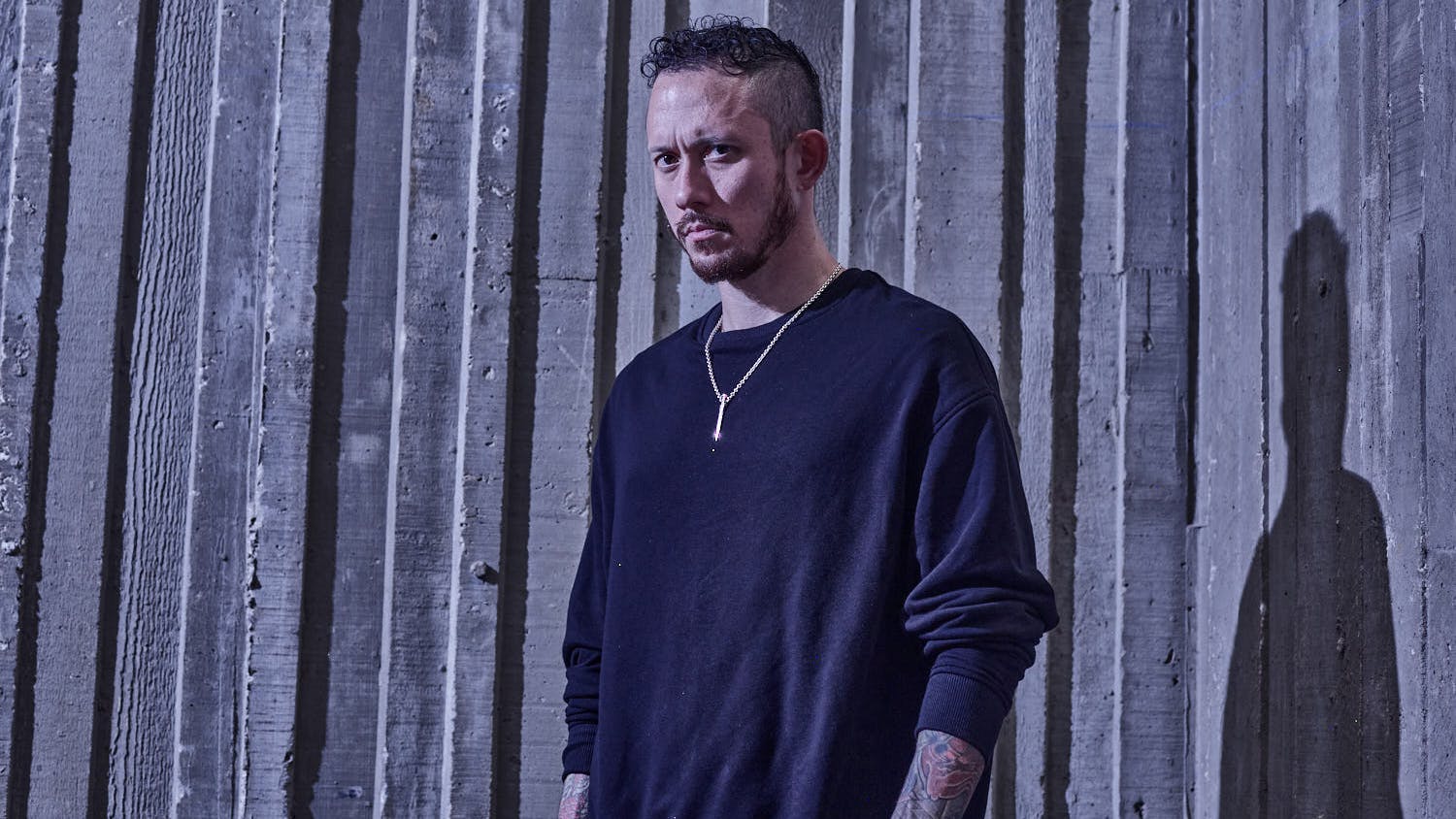From church burnings to fascist ideologies to outright murder, black metal’s brutal underbelly is a problem to be addressed...
“Honestly, when I was younger, the darkness of black metal really drew me to it. I’m not promoting it, but the fact that there was a genre where band members were killing each other over musical rivalries is absolutely the sort of thing that will draw a young person in. As an adult, though, I can see that there are really problematic aspects and sub-factions [fixated on] racism and bigotry, which are things I very much stand against. I remember when the blinders first came off and I was like, ‘I can’t believe this!’ but also like, ‘Oh my gosh, I can’t believe I couldn’t see that!’ But those are things I want to help re-write. Around the time we were completing work on Rashomon, there was a lot of anti-Asian sentiment around the world [due to COVID ignorance]. So I look at this record as a mission to highlight Japanese culture, so that maybe people can decide to learn more about those stories. Then more about the Chinese stories and the Korean stories, European stories and African stories, just expanding their learning vocabulary across the planet. For me, Rashomon is about keeping the things I love about black metal and transcending the stuff I don’t.”
